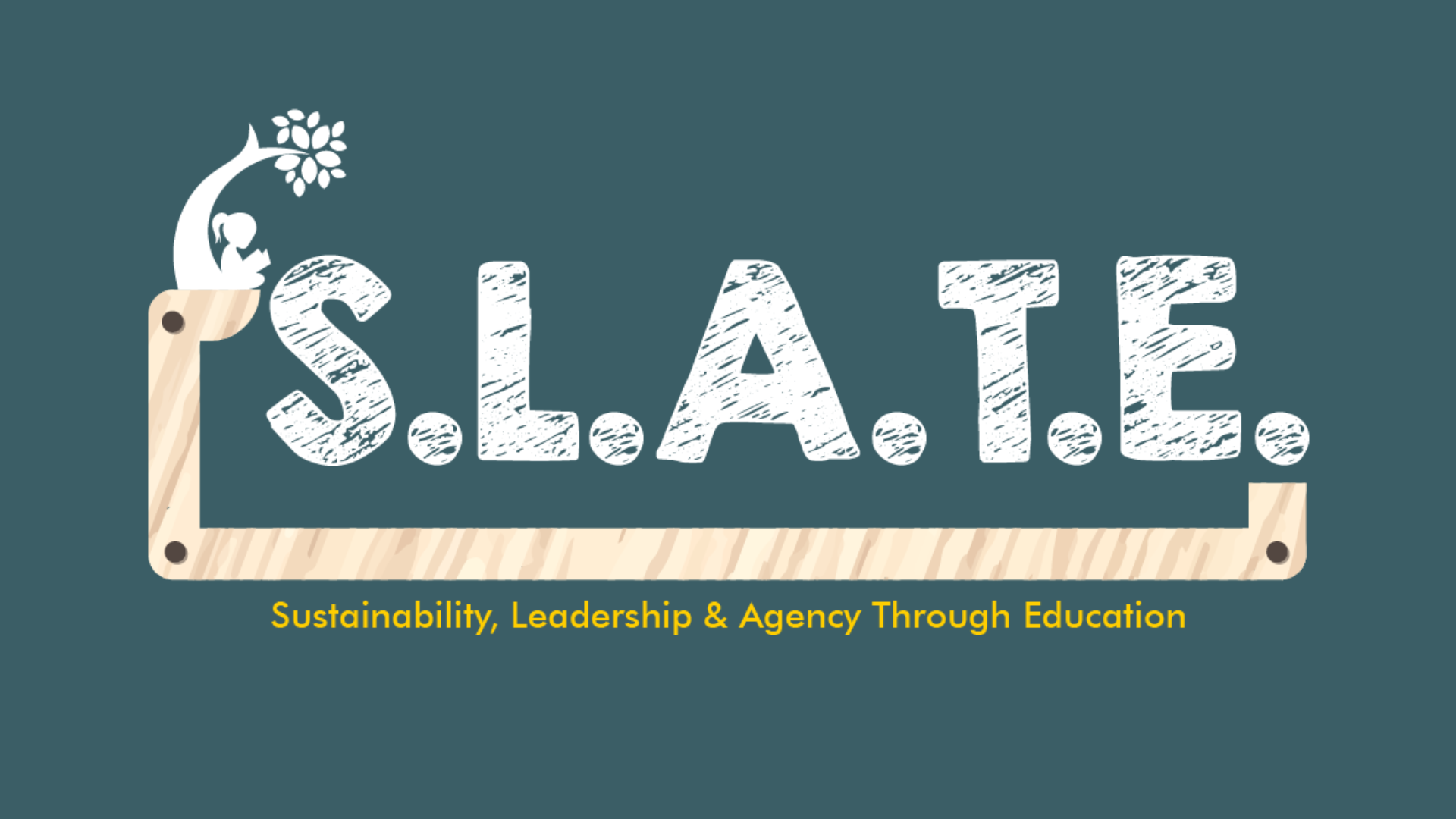S.L.A.T.E. – Sustainability, Leadership and Agency Through Education
Background:
St. Teresa’s College, a pioneering institution in the field of Higher Education in India, was established on 15th June in the year 1925, as the first Women’s College of the erstwhile Cochin State and the second in the whole of Kerala by the Congregation of the Carmelite Sisters of St. Teresa. The college is now a NAAC A++ accredited higher education institution, ranked among the top 50 (NIRF, 2022) in India.
Q Collective:
Q Collective is a team of Educators, Quiz masters, and Edtech researchers who with their distinctive flair brings innovation to the learning environment in conventional educational systems.
S.L.A.T.E. Microcourses:
Q Series, an ed-tech platform, is home to S.L.A.T.E. It encourages learning in unique domains through quiz modules and micro courses nurturing curiosity and investigation.
S.L.A.T.E. is designed according to PBL (Project-Based Learning) stipulated by NEP (National Education Policy) 2020. It fills the gaps in education and also helps meet the goals of the United Nations to promote Education for Sustainable Development (ESD). The model connects HEIs (Higher Education Institutions) to schools and communities, the aim of which is to foster in the students the attitude and the aptitude needed to navigate the future. It also aims to develop a holistic and transformational education where the students engage in self-paced learning which is at the same time action-oriented, collaborative, and inter and transdisciplinary.
The role of youth is crucial in all matters related to sustainability. One in every three people alive today is under the age of thirty, most of them living in Asia and Africa. Over the past few years, young people have been actively engaged in discussing SDGs (Sustainable Development Goals) and their implementation. The participation of youth should be ensured at all relevant levels, as it affects their lives today and has implications for their future.
Objectives:
The objectives of the S.L.A.T.E. programme, with a major focus on the role of the student community in the implementation of SDGs, are:
1) To build and enhance the student’s knowledge of 2030 UN Agenda and the SDGs, and their implementation in the context of a local area.
2) To promote students’ engagement in dialogues on SDGs implementation in their local communities.
3) The programme is designed according to PBL (Project-Based Learning) envisioned by NEP (National Education Policy) 2020, it helps fill the gaps in education and help the students equip themselves for the jobs of tomorrow.
4) This model also connects schools to HEIs (Higher Education Institutions) and communities around them with aim to foster a spirit of inquiry, hone in them a mindset required for research, encourage future social entrepreneurship, and create pathways for higher education in renowned institutions around the globe.
5) This model also inculcates into their curriculum experiential learning projects, contributing not just to the development of their logical and rational learning, but also contributes to socio-emotional and behavioural learning.
6) It also aims to develop a holistic and transformational education where the students engage in self-paced learning which is at the same time action-oriented, collaborative and inter and transdisciplinary.
With this in mind, we have designed the S.L.A.T.E. programme for school students which would be an immersive experience where the students get to work in the local community while also learning through micro-courses, hybrid workshops, seminars and international exchanges.
Participants and Format:
- The Micro Course along with field projects offers the students a hands-on learning experience.
- Aimed at students aged 12-24.
- Evaluation based on quizzes; project reports submitted in written / video / audio formats, hands-on engagement in the field etc.
Outcomes:
School students will have an enhanced knowledge of each SDG and its implementation, particularly in their lives and surrounding communities.
The programme through its micro-courses and OBT offers students skills required for lifelong learning, such as:
- participatory/collaborative learning;
- Social Entrepreneurship
- problem-based learning;
- interdisciplinary learning;
- multi-stakeholder social learning;
- critical and systemic thinking-based learning;
- action learning;
- learning outside the classroom;
- experiential learning;
- reflective evaluation and
- using relevant real-world contexts.






